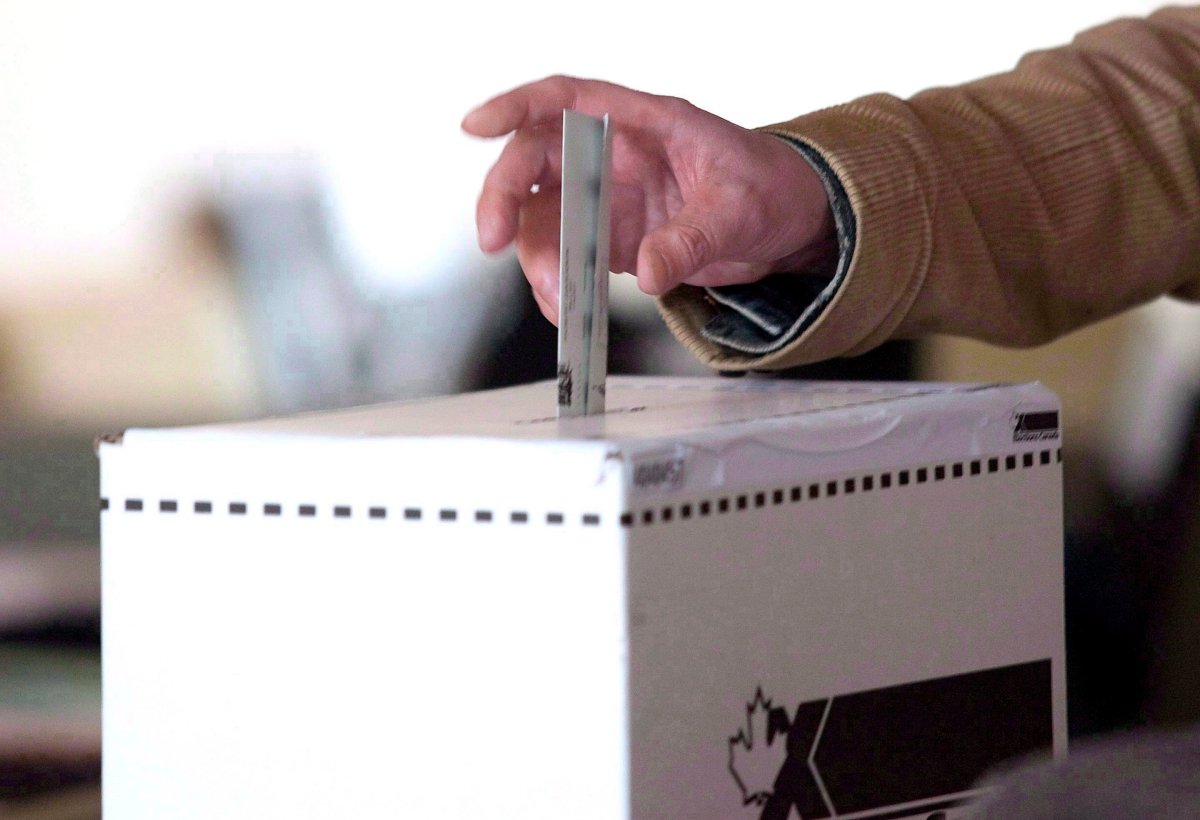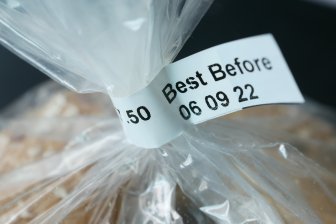A Federal Court judge has dismissed a case filed by a University of Ottawa law student who argued the Government of Canada is “unjustifiably” restricting his constitutional right to freedom of expression by not giving him a way to formally decline his federal election ballot.

In his statement of claim, filed in Federal Court in October 2017, David Rodriguez said he didn’t vote in the 2015 federal election because of “the inability to express dissatisfaction with all of the candidates available to him.”
The court’s judgment, released on Thursday, acknowledged that Rodriguez (and all voters) are prevented from communicating that rejection through their federal ballot, but concluded this would only constitute a limit on their right to free expression if the government was required under the Charter of Rights and Freedoms to allow ballots to be used for that purpose.
“While it is always open to the government to take such a step, section 2(b) of the charter does not impose any obligation to do so,” Justice John Norris wrote. “…For his argument to succeed, the government must be obliged to permit a platform designed for one purpose to be used for a completely different purpose as well.”
The Federal Court judge sided with lawyers representing the federal government, who argued there is “no genuine issue for trial” in Rodriguez’s case.
The 27-year-old Gatineau resident said on Monday he plans to appeal the court’s decision.
- Canadian man dies during Texas Ironman event. His widow wants answers as to why
- ‘Sciatica was gone’: hospital performs robot-assisted spinal surgery in Canadian first
- Honda’s $15B Ontario EV plant marks ‘historic day,’ Trudeau says
- Several baby products have been recalled by Health Canada. Here’s the list
The way federal electoral laws are currently written, if someone were to vote for more than one candidate, write the name of an individual who isn’t one of the candidates listed, write “none of the above” or leave their ballot blank, the ballot would be rejected.
The current voting system doesn’t require Elections Canada to report the separate reasons why ballots are rejected; instead, rejected ballots are lumped together into one category.
Rodriguez wants the Canada Elections Act to be amended so that federal ballots give individuals a valid option to vote “none of the above” and that ballots marked as such are counted separately from those rejected for other reasons.
In his initial court filing, Rodriguez pointed out that Ontario, Alberta and Manitoba have “enacted mechanisms” that allow voters to formally decline their provincial election ballots. Saskatchewan also permits this.
“That’s a mechanism that … allows you to express what I would like to express,” he said in a phone interview on Monday.
“It’s more about starting a conversation and being able to let people express themselves rather than stifling that.”
Rodriguez isn’t the first to propose this idea at the federal level, but previous debate over the issue has fizzled out.
In 2001, for example, a former Liberal MP introduced a private member’s bill that proposed amending the Canada Elections Act so that voters would be allowed to formally decline their ballots. But the bill failed to win enough support and was dropped.
Rodriguez will ask Federal Court of Appeal to hear his case
Rodriguez said he doesn’t agree with several finer points of the judge’s legal analysis and that he’s already started an application to have his case heard by the Federal Court of Appeal.
Norris concluded that Rodriguez’s argument fails because the charter’s freedom of expression guarantee, at its core, doesn’t oblige the government to provide “a particular means of expression” — which is “precisely” what the student is seeking in this case, the judge wrote. Rather, the charter prohibits the government from gagging citizens’ expression (with some exceptions), the court said.
“Since there are many other ways Mr. Rodriguez could express his opinion about the candidates in the last election, the government is not required to furnish the one he would prefer,” Norris wrote.
But Rodriguez insists his right to free expression is being curtailed because he “faces a restriction” on the content he can express at the ballot box.
Rodriguez said on Monday that the government, at the very least, should be forced to justify in court why he can only fill out his ballot in a certain fashion.
“They might not have an obligation to provide me platforms of expression, but they have chosen to do so,” he said. “And because they have chosen to do so, the case law says that they have to justify limits on that platform, which they have chosen to provide.”
Norris did not dispute that “the act of rejecting all the available candidates on a ballot” is an “expressive activity.”
Rodriguez said he’ll continue to self-represent as he pushes the case forward, simply because he doesn’t have the money to pay a lawyer.
This and other reasons compelled the Federal Court to deny the justice department’s request to have Rodriguez pay costs for the case. The judge applauded the student for conducting himself “responsibly” and for raising “serious issues concerning freedom of expression under the charter and democracy.
“While I have found that there is no genuine issue for trial, this is not to say that this case did not raise issues of public importance,” Norris wrote.
“Mr. Rodriguez is to be commended for his engagement with these issues.”
Rodriguez said he figures he has spent no more than $500 on his charter challenge so far. Now in his final year of law school, he said he plans to take the case as far as he can.
“I wouldn’t have started this if I didn’t believe it,” he said. “I’m not happy about (the decision) but I don’t feel defeated.
“It’s essentially just one step in what I figured would be a longer ordeal.”




Comments